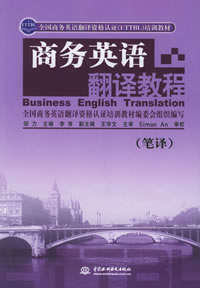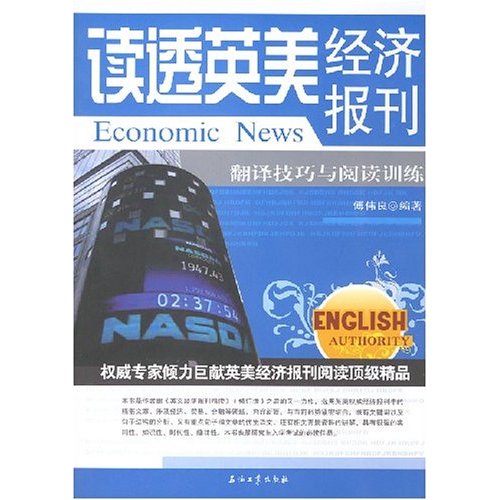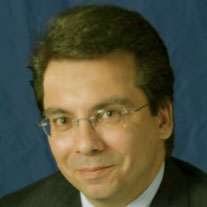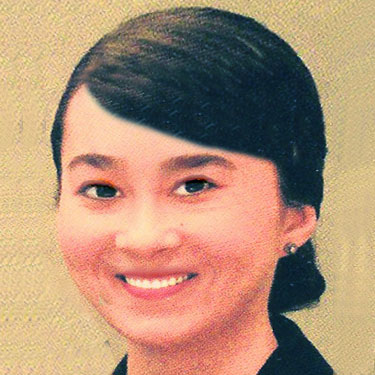书面翻译与口译培训核心步骤
作者:古龙 2009-07-04




语际翻译公司 转载请注明https://www.scientrans.com
∗本栏目部分文章内容来自互联网,部分已经过本站编辑和整理,如有版权事宜请联系Email/MSN jesczhao@hotmail.com
• Generic Texts: Texts consisting of job applications, immigration, health service and court forms (financial affidavits, marriage, juvenile court documents, etc.), especially in the combination English -> Spanish, since this represents the greatest need in our communities.
All of the above, as well as other traditional exercises, is offered at three levels of competence: Beginners, Intermediate and Advanced, with in-between categories such as Beginner-Intermediate and Intermediate-Advanced. Some exercises are tailored for
translators, others for interpreters, but all can be very useful in developing the knowledge and skills any translator and interpreter should possess and display.
Whenever possible, students who major in T-I should also complete courses in Comparative Grammar, Spanish and Latin American Literature (and the equivalent in French) and other advanced courses that contribute to achieve a better all-around training. In some universities, a second specialty in a non-related field is recommended: engineering, architecture, health services, or the like. Language courses offered in universities abroad where the foreign language here is their native language, are also an important component in T-I training with the aim to satisfy T-I students' need for a solid, diverse background in the foreign language(s) and cultures of their specialties.
The use of the Exercise Manual for the Training of Translators and Interpreters has yielded, among others, the following positive results:
• An easy-to-use material for both students and instructors, with explanations, exercises, mini-texts and hands-on, experience-based instruction, in a compact, one volume book
• Ready made exercises to be assigned as homework and research. This is of particular importance in the training of language specialists who are not living in the foreign language environment.
• Increased and improved students' motivation, retention and performance.
• Interest even among students who do not intend to become professional translators or interpreters. As it was the case in Nebraska, many students took translation and interpretation courses, especially the former, to improve their knowledge of the foreign language as well as to hone their skills in their main field of endeavors: nursing, teaching, criminal justice, social work, law enforcement, and others
A new manual, enriched by the experiences obtained from the one explained above, but solely focused on Medical Interpreting and Translating, has been published in 20067.
Another of this author's proposals for future offerings included the requirement of a second foreign language for T-I students, especially so when one of the two foreign languages required is Spanish. In Nebraska this was only a recommendation for Spanish-English T-I students, but one that a few of them enjoyed following! This two-foreign-language combination in T-I training is common practice in other countries and quite a few of our college and university foreign students normally do it, by learning or improving their English while learning yet another foreign language in the U.S. As a result, when they graduate, they can usually handle two foreign languages—or more—in addition to their mother tongue. Add to this the fact that in a few cases they also acquire a specialty, and the final result is a greatly competitive graduate. If U.S. students do not attempt to do the same, they risk eventually losing the edge as graduates, not only internationally, but in our domestic market as well!
Conclusions
Gone are the times when translation training only meant "Literary Translation Training." It would be an absurd proposition to claim we can train "literary" translators who cannot translate daily, basic matters, or do not yet possess the minimum knowledge and skills in their foreign language and its culture. The colossal development of cybernetics, electronics, computers and the sciences of information demand that any and all training should be able to cover most possible types of translation-interpreting, perhaps with literary translation only as an object of graduate, specialized courses for individuals with excellent wri
- 评论
- seme:文章内容文章内容文章内容文章内容文章内容文章内容文章内容文章内容文章内容 章内容文章内容文章内容文章内容文章内容
- seme:文章内容文章内容文章内容文章内容文章内容文章内容文章内容文章内容文章内容 章内容文章内容文章内容文章内容文章内容

- 日常生活中常用的英语五星级句子
2009-7-11 23:00:38 - 熟练地运用英语的一个重要方面就是学习并掌握英语本族者常用的生动、的活泼的习语。 1. After you.你先请。这是一句很常用的客套话,在进/出门,上车得场合你都可以表现一下。好象现在女士不愿意你这么做,特别是那些女权主义者,我还记得这么一段话:一个女士对...
- 英语中各种数字的读法
2009-7-11 22:59:44 - (1)年号的读法: 1979←→nineteen seventy-nine or nineteen hundred(and) seventy-nine; (2)电话号码、货币的读法: 1023←→one o two three;1227←→one dou...
- 第四届IEEE生物信息与生…
2009-6-30 19:42:01 - 基本信息 主办单位: 四川大学,IEEE生物医学工程协会(EMBS) 承办单位 开始日期 2010/06/18 结束日期 截稿日期 2009/1...
- 第九届全国光电技术学术…
2009-6-30 19:35:58 - 基本信息主办单位: 中国宇航学会光电技术专业委员会承办单位 开始日期 2009/11/01结束日期 截稿日期 2009...
















